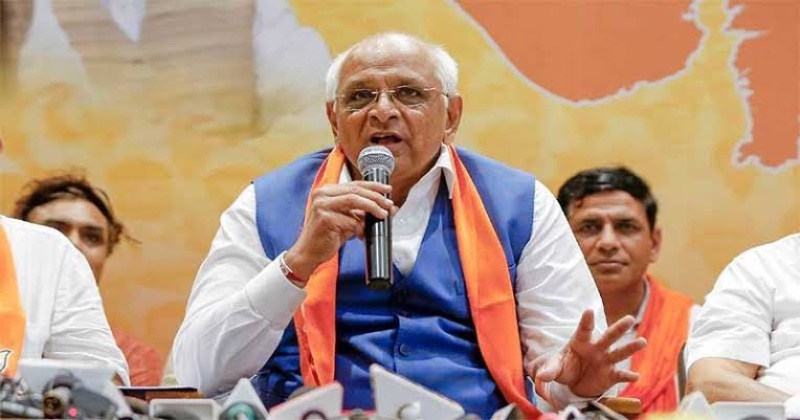
The Gujarat government led by Bhupendra Patel announced a 27 percent reservation for Other Backward Classes (OBCs) in local self-governance institute elections. This move maintains existing quotas for scheduled castes and scheduled tribes, and marks a significant increase from the previous 10 percent reservation for OBC candidates in local bodies like village panchayats and municipalities. Following the directive from the Supreme Court, the state had established the Justice KS Zaveri Commission to determine OBC reservations in local bodies. The commission’s recommendations, submitted to the government in April, were adopted during a cabinet meeting, leading to the 27 percent OBC reservation announcement.
Gujarat’s OBC community constitutes around 52 percent of the population, with over 146 castes classified within the OBC category. The decision was made to ensure that the SC/ST reservation remains unaffected by this change, according to BJP state president CR Patil. The announcement was welcomed by Chief Minister Bhupendra Patel, who emphasized that the 27 percent OBC reservation would apply exclusively to local self-government elections, including village panchayats, taluka panchayats, district panchayats, municipalities, and municipalities, while assembly and Lok Sabha seats would remain unaffected.
The commission’s report, determining the backward community quotas in local body elections, has been a source of political debate in Gujarat for over a year. The decision to increase OBC reservation is seen as a strategic move, considering the significant OBC representation within the BJP’s MLAs and the need to ensure balance among various communities in the state.

Post Your Comments